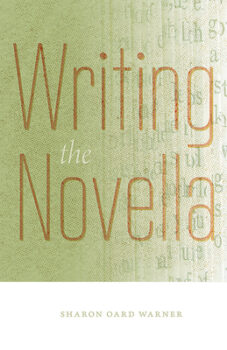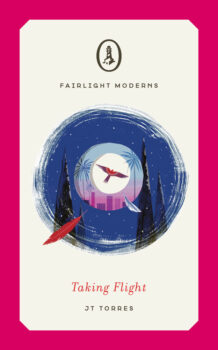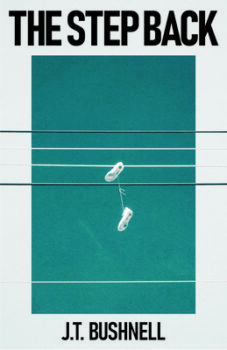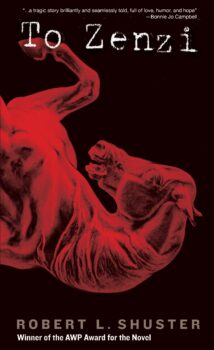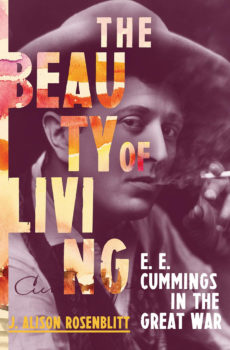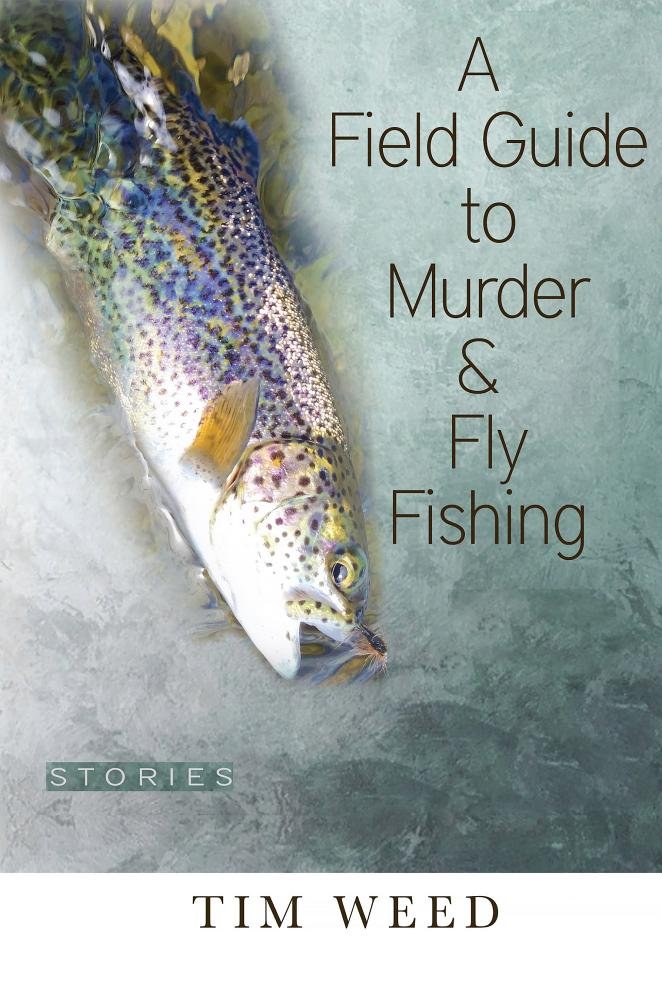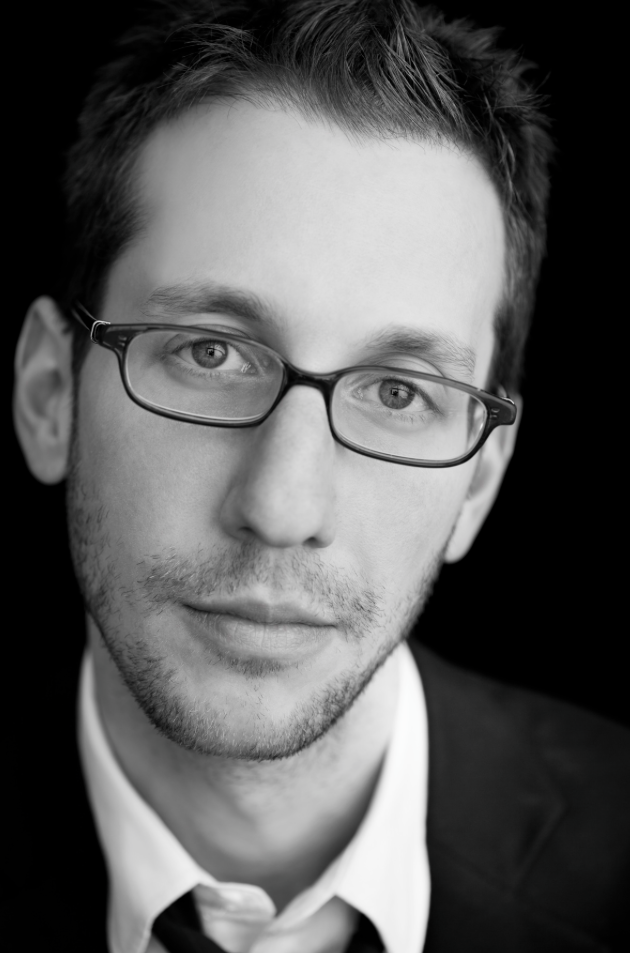Are You Reading (or Writing) a Novella?
by Sharon Oard Warner
“Accurate identification of the fictional form is important to readers and authors. But it also makes life easier for book reviewers who walk a tightrope between several different constituencies—the author, the publisher, and the reading public.” Sharon Oard Warner on the pleasures and particulars of the novella.

